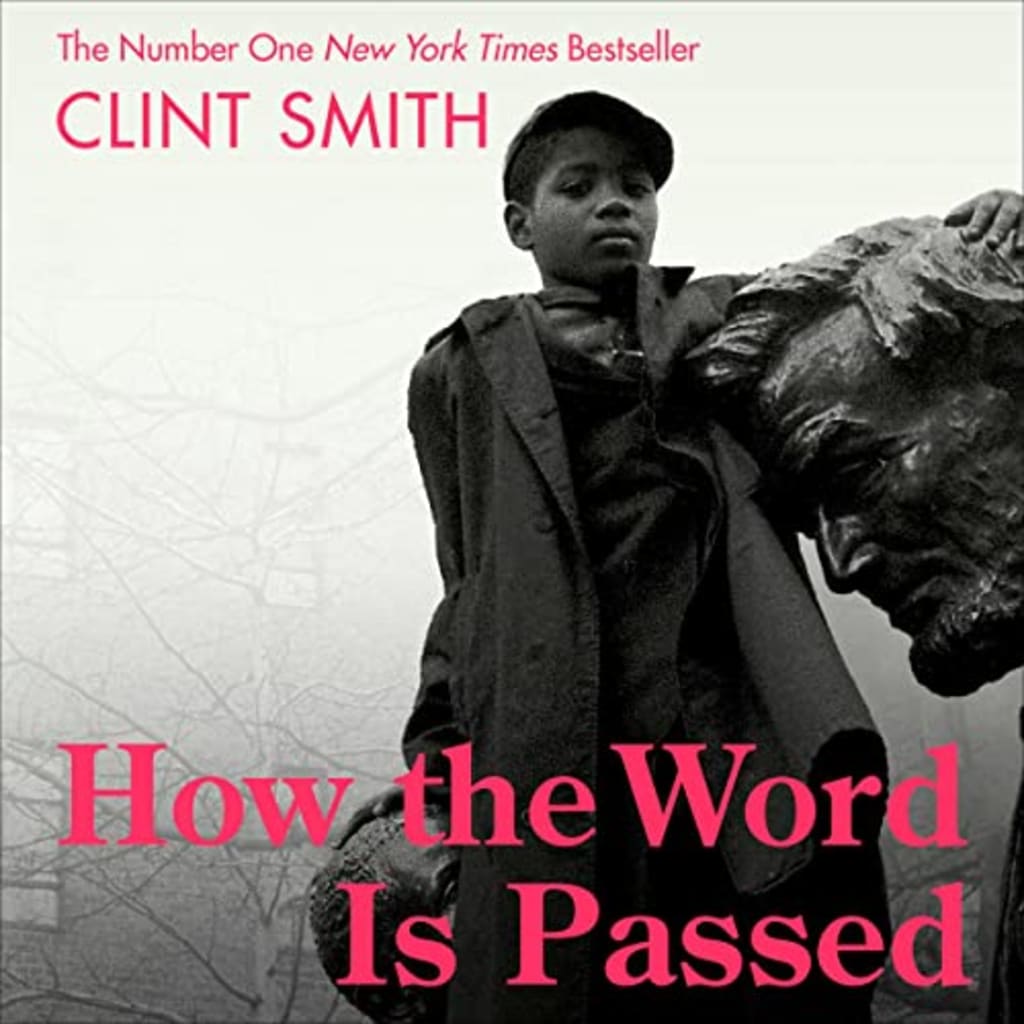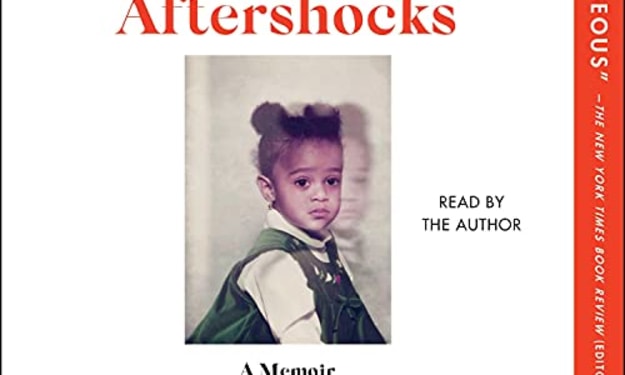How the Word Is Passed
A Reckoning with the History of Slavery Across America” by Clint Smith:

In his book "How the Word Is Passed," Clint Smith conducts a comprehensive investigation of the ways in which different locations in the United States come to terms with the legacy of slavery. Smith exposes the blatant inconsistencies in our approach to dealing with the repercussions of the past by conducting an analysis of the narratives that are woven across museums, memorials, and historical landmarks. From the estate of Thomas Jefferson at Monticello to the Angola jail in Louisiana, he compellingly reveals the mythology, erasure, and denial that continue to permeate America's national memory.
Smith records his travels to dozens of significant locations that were either crucial to the fight for civil rights or to the institution of slavery. His writing is both poetic and scholarly. He does a fantastic job of juxtaposing his own heartfelt views with factual information that are often upsetting and reveal how history has been whitewashed at many different sites. For example, he condemns the romanticization of plantations as elegant Southern icons, without any acknowledgement of the horrific roots of these landmarks.
Smith contends that accurate accounting and a morally responsible reckoning are necessary for forward movement. He does not merely criticize those who fail to acknowledge harsh realities but instead pushes for more nuanced narratives that highlight the full humanity and accomplishments of those who were enslaved along with the inhumanity that they were subjected to endure. His outlook prioritizes complication over straightforwardness at every turn.
Narrator Dion Graham infuses Smith's astute blend of social commentary, travelogue, and meditation on the transformative power of communal memory with warmth and emotion. He makes a seamless transition between Smith's reflective analysis and factual, research-based interpretations of the evidence. The audience is pushed to face what may be painful realities while simultaneously clinging to optimism.
Smith builds a rock-solid case that the United States, at its own danger, ignores the ongoing ramifications of slavery and injustice by rooting his cultural critiques in meticulous historical detail and on-the-ground reportage. This makes Smith's thesis indisputable and compelling. He contextualizes each place within larger tales of oppression and resistance by fusing together statistics, direct interviews, archival records, and academic sources in a way that is seamless and seamless.
Smith argues that a more dignified relationship with history is necessary in order to combat contemporary social maladies that have their roots in dehumanization that occurred in the past. The book "How the Word is Passed" serves as a model for this method because it combines empathy, moral clarity, and diligence to uncover realities that are frequently hidden from view. Smith demonstrates that words and narratives surrounding contentious past profoundly matter for the formation of potential outcomes regarding justice and healing.
This book covers a wide range of topics, from the skewed cinematic legacy of the film Gone with the Wind to the brutal convict leasing system of the 20th century that rebuilt slavery after independence. Through a tour of the extensive holdings at the National Museum of African American History, he compares and contrasts the truth of the museum with problematic sites that either ignore or romanticize hardship.
His message of true recollection is embodied by the deft way in which Smith strikes a balance between incisive criticism and gratitude for progress. He criticizes without descending into polemics, favoring nuanced discussion over heated argumentation. This chairing book ought to spark the much-needed reflection that is required on how we mourn injustice and acknowledge the suffering of ancestors.
"How the Word is Passed" is an invaluable guide to the contentious memory of slavery and its consequences for racial justice in the modern day because it is both academically sound and easily accessible. The insights provided by Smith make it very clear that honestly confronting the past and the reverberations it continues to have in the present is crucial unfinished work for the nation. His moving requiem ensures that the stories buried in America's terrain will continue to serve as a source of education for future generations.
By enrolling in a 30-day complimentary trial on Audible, participants are granted the opportunity to acquire two complimentary audiobooks as an initial incentive, so affording them the freedom to procure any desired literary work.There will be no financial burden on your part, but I will receive a modest commission.
Termination is permissible at any given moment. The ownership of books remains with the member, even in the event of cancellation. Please access the provided hyperlink by clicking on it.
The provided link directs to an Amazon webpage.





Comments
There are no comments for this story
Be the first to respond and start the conversation.